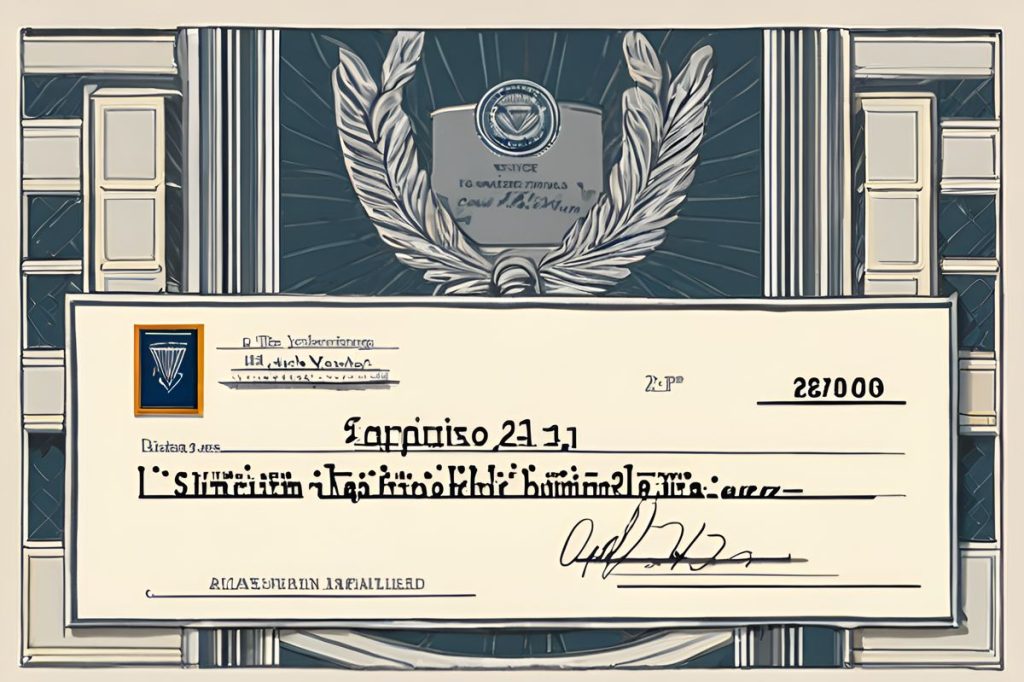The Audit Office has raised concerns over diplomatic living allowances, highlighting issues such as unauthorized payments, inflated costs, and a lack of ministry action. President Nikos Christodoulides was singled out for receiving a stipend while stationed in Cyprus, reflecting a broader problem of misuse and lack of oversight within the foreign ministry.
What are the Audit Office’s concerns regarding diplomatic living allowances?
The Audit Office raised concerns about the misuse of diplomatic living allowances, citing instances of allowances paid without formal approval, unlawful secondments, and inflated healthcare costs. They also highlighted a case of a diplomat receiving rent for his own property, costing the state €45,000, and the lack of ministry action to address these issues.
Diplomatic Stipend Controversy
The Audit Office has raised concerns over the living allowances provided to diplomats for their service abroad. In a recent revelation, the spotlight turns to President Nikos Christodoulides, who was stationed in Cyprus yet continued to receive these funds for three months. This information comes from a comprehensive report addressing the fiscal activities of the foreign ministry for 2021 and 2022.
In March 2013, Christodoulides was called back to Cyprus from his post in Brussels to assume a role at the ministry. Despite the move, his family remained in Brussels, and he received a monthly stipend of €4,128.45 during this period. This arrangement was allowed to continue until his permanent secondment to the presidential palace.
Ministry’s Justification and Audit Office’s Counter
The ministry defended its decision, citing the abrupt nature of Christodoulides’s recall. They claimed that his financial obligations remained as they would be in Brussels, which justified the continuation of his allowance. However, it was also decided that he would not receive additional maintenance and subsistence allowances during his travels back to Brussels, given his family’s continued residence there.
The Audit Office though took issue with the process, noting the stipend was not officially sanctioned by the foreign minister but rather by the permanent secretary. This deviation from formal approval protocols has raised eyebrows and questions about the transparency of the stipend allocation.
Unlawful Secondments and Healthcare Costs
The Audit Office’s findings did not stop at the president’s stipends. It went on to detail other questionable practices, such as the “illegal” secondments of diplomats’ spouses and the provision of allowances for expatriation, rent, and education that were deemed inappropriate. The report also highlighted the inflated healthcare costs for diplomatic mission members, which suggests a systemic issue with financial oversight within the ministry.
Weaknesses within the ministry’s internal audit system were also brought to light. These included the absence of stamps for received and paid invoices, a lack of monthly fund reconciliations, and delayed or inappropriate recognition of receipts. Such gaps in the audit process can lead to mismanagement and potential misuse of funds.
Questionable Rent Allowances and Lack of Accountability
A particularly egregious case involved a diplomat who received rent payments from the state for residing in his own flat abroad, which resulted in a cost of €45,000 to the state from 2018 to 2021. The diplomat failed to disclose that he owned 93% of the company holding the flat, with his partner owning the remaining 7%. Worse still, the foreign ministry did not take action to recover these funds, nor did it initiate any disciplinary proceedings.
These instances suggest a pattern of behavior that skirts around legal and ethical boundaries. The Audit Office expressed strong concerns over these practices, labeling them as misappropriation of public funds and abuse of power. It calls for greater accountability and immediate corrective actions to safeguard public resources and uphold the integrity of diplomatic operations.
What are the Audit Office’s concerns regarding diplomatic living allowances?
The Audit Office raised concerns about the misuse of diplomatic living allowances, citing instances of allowances paid without formal approval, unlawful secondments, and inflated healthcare costs. They also highlighted a case of a diplomat receiving rent for his own property, costing the state €45,000, and the lack of ministry action to address these issues.
What is the Diplomatic Stipend Controversy involving President Nikos Christodoulides?
President Nikos Christodoulides continued to receive diplomatic living allowances for three months after being stationed in Cyprus, despite his family remaining in Brussels. This arrangement raised questions about the justification for the stipend and the lack of formal approval for the payments.
What were some of the issues highlighted by the Audit Office beyond President Christodoulides’s stipends?
The Audit Office also found instances of unlawful secondments of diplomats’ spouses, inappropriate provision of allowances for expatriation, rent, and education, as well as inflated healthcare costs for diplomatic mission members. The weaknesses in the ministry’s internal audit system, such as lack of proper documentation and delayed reconciliations, were also identified.
Could you provide an example of the questionable practices uncovered by the Audit Office?
One example was a diplomat receiving rent payments from the state for residing in his own flat abroad, resulting in a cost of €45,000 to the state. The diplomat failed to disclose his ownership of the flat, and the foreign ministry did not take action to recover the funds or initiate disciplinary proceedings.

